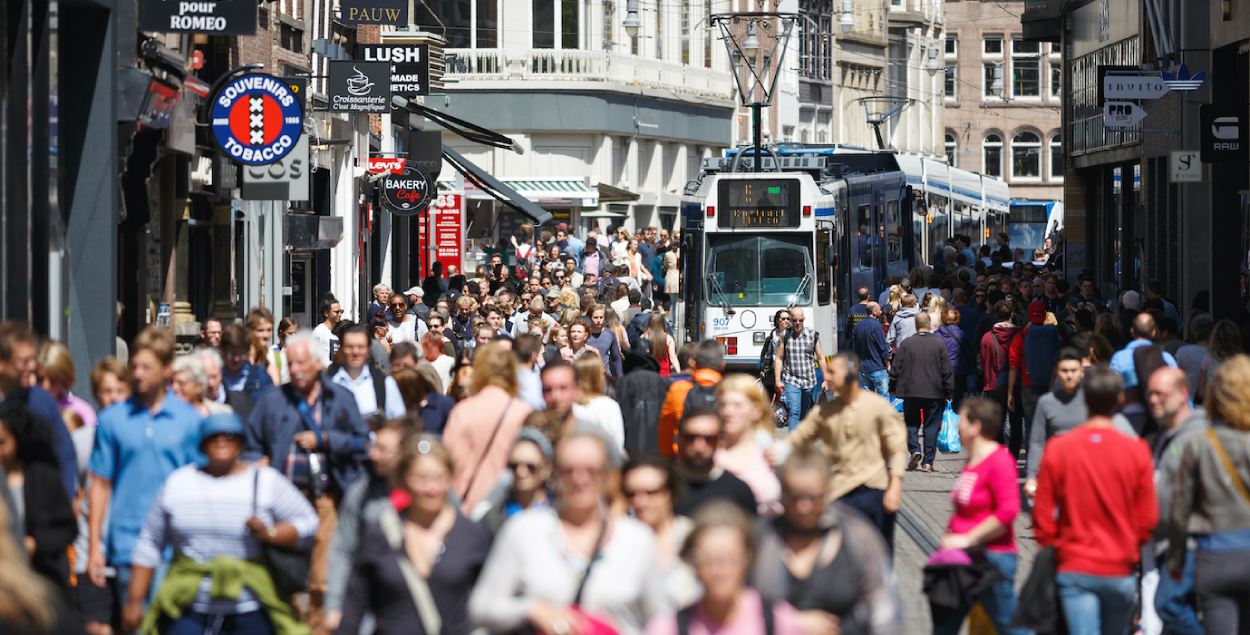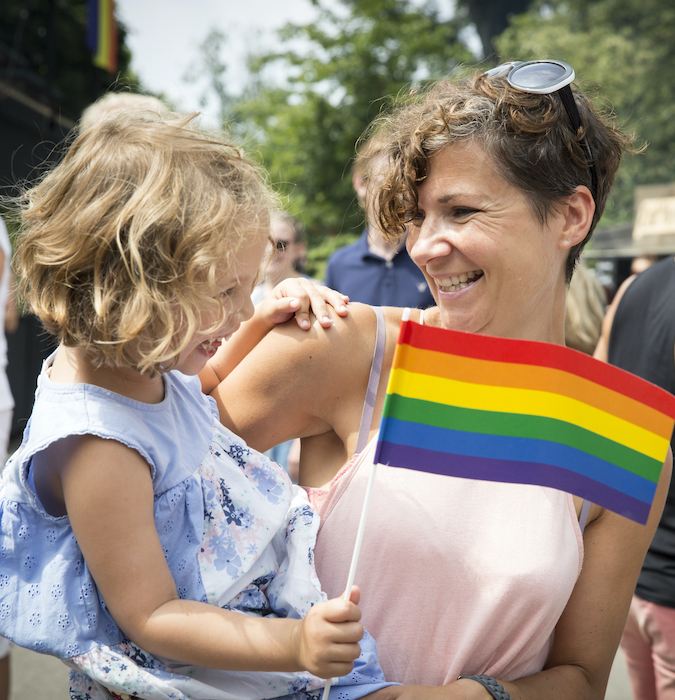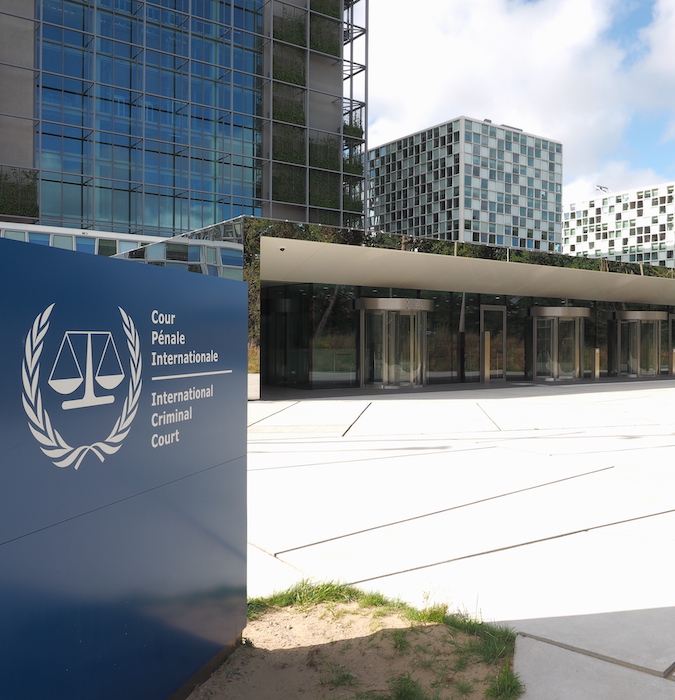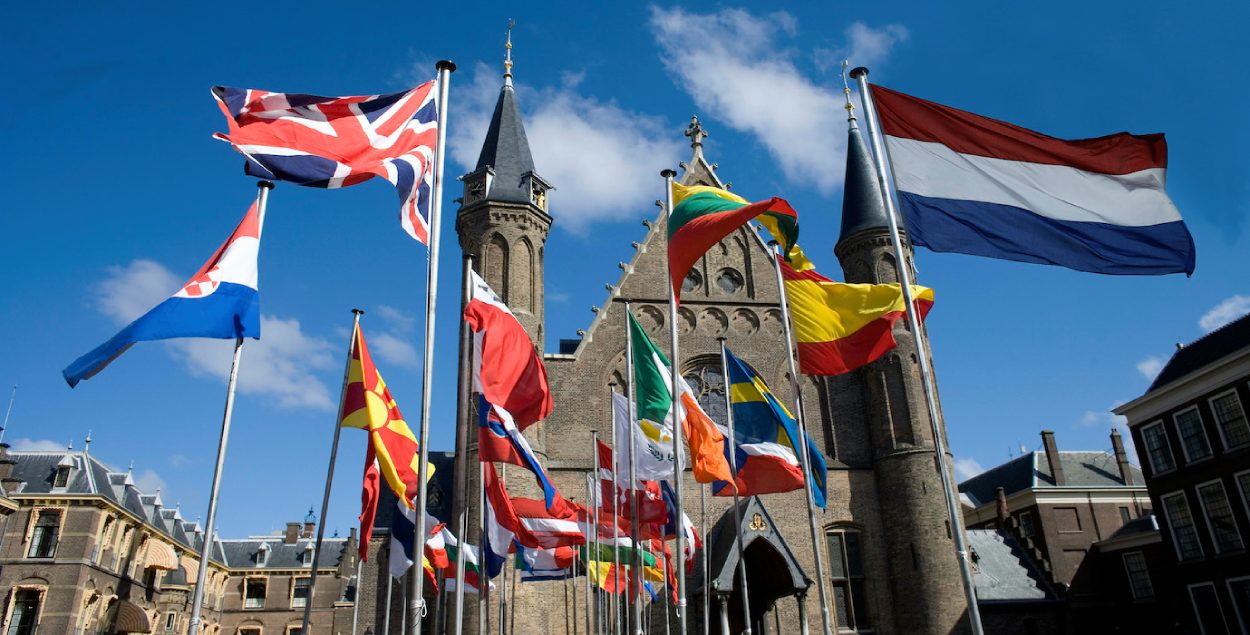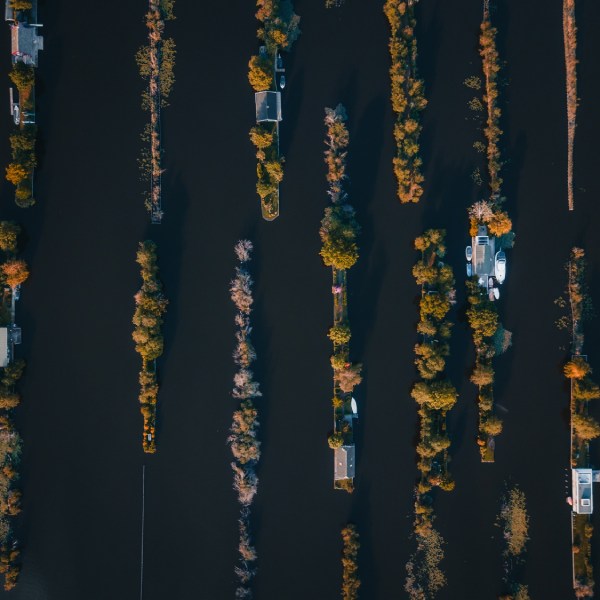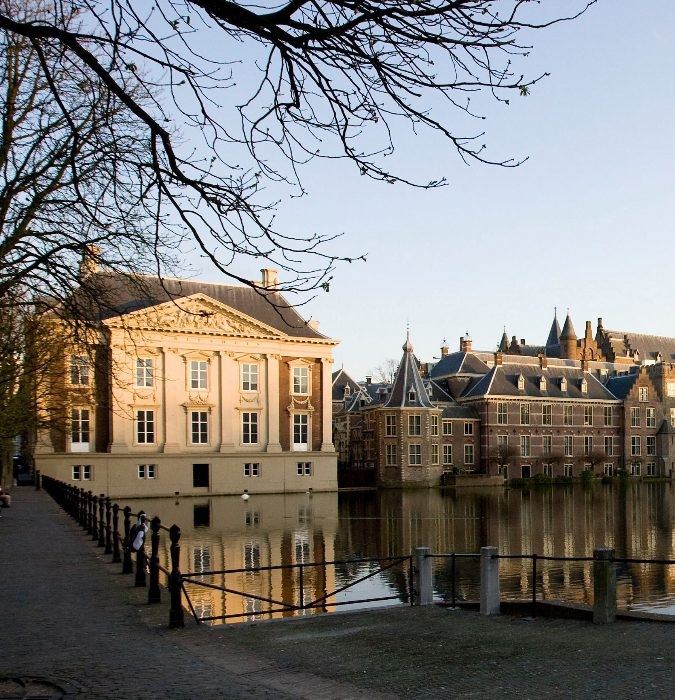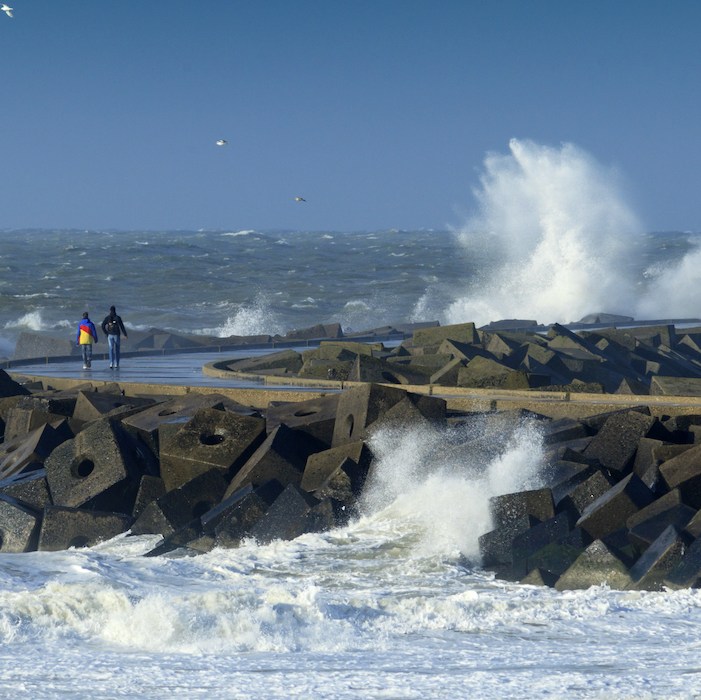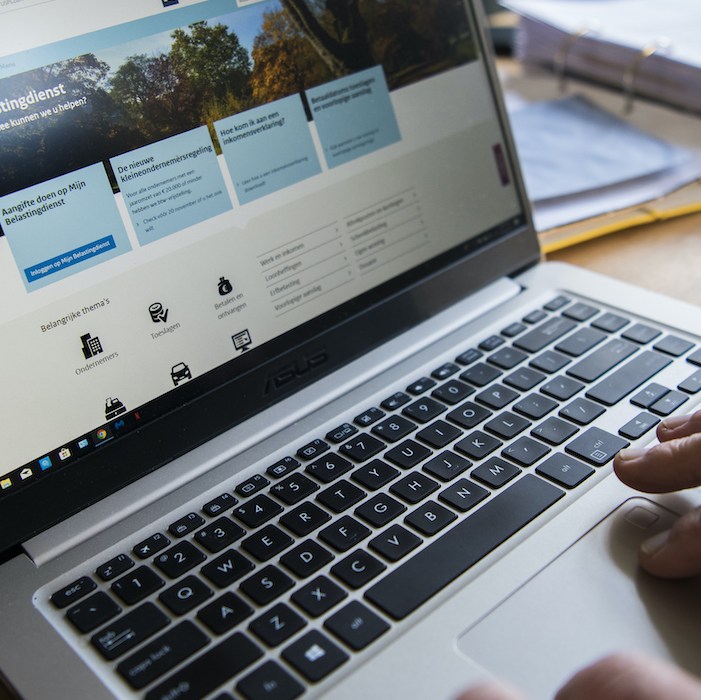Progressive, liberal, open, free-spirited – all terms frequently used to describe the Dutch character. The Dutch strive to protect and promote human rights, such as equality, non-discrimination, freedom of speech and freedom of sexual orientation, both at home and abroad. For centuries, many people have found a place in the Netherlands to be themselves and develop new ideas. We hope you do, too.
When moving to another country we often check specific things off of our list; Is the weather nice? How's the food? Does the job market fit my profile? However, you may be forgetting one of the most important parts. Is the country inclusive? Are the human rights of all people that live in the country respected? We’ve collected all there is to know about inclusivity and the Dutch and how we perceive and protect human rights.
Quickly go to
-
Inclusive Development Index
-
Equal rights and opportunities at work
-
Women’s rights and empowerment
-
LGBTI+
-
Freedom of speech and expression
-
Freedom of religion
-
Refugees and migration
-
Foreign policy
-
Discover what it's like to live in the Netherlands
